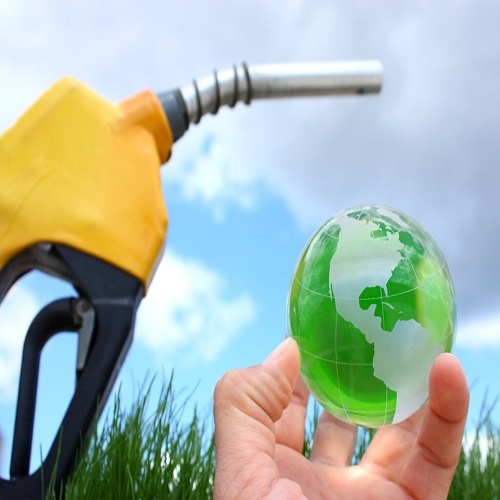The Australian government said on Wednesday it would invest $1.1 billion in the development of a low-carbon fuels industry, a move welcomed by farm groups, who hope it will boost demand for biofuel feedstocks like canola and sugarcane.
The funding will support the launch of a ten-year Cleaner Fuels Program, aimed at accelerating domestic production of low carbon alternatives such as renewable diesel and sustainable aviation fuel (SAF). The initiative is designed to strengthen Australia’s fuel supply chains and enable a shift away from fossil fuels in hard-to-decarbonise sectors including aviation, shipping, and heavy transport.
The first commercial-scale production of ‘drop-in’ fuels, which are compatible with existing engines, is expected by 2029.
Australia’s abundant feedstocks, such as canola, sorghum, sugar, and organic waste, combined with its advanced agriculture and access to low-cost renewable energy, place the country in a strong position to build a competitive low carbon fuel industry. Currently, Australia exports nearly $4 billion worth of suitable feedstocks like tallow and canola. However, the Clean Energy Finance Corporation (CEFC) estimates the potential domestic market for low carbon liquid fuels could be worth $36 billion by 2050.
The Cleaner Fuels Program will offer production-linked incentives to encourage private sector investment in onshore refining and value-adding activities. Grants will be awarded through a competitive process, with public consultation on eligibility and design to occur within the financial year.
The initiative builds on existing programs, including the Sustainable Aviation Fuel Funding Initiative and the Future Made in Australia Innovation Fund, and aligns with community benefit principles under the Future Made in Australia Act. The Government will also expand the Guarantee of Origin Scheme to include low carbon fuels and has established fuel quality standards for renewable diesel.
According to CEFC modelling, a mature Australian low carbon liquid fuels sector could reduce cumulative emissions by 230 million tonnes of CO₂-equivalent by 2050—more than twice Australia’s current annual transport emissions, or equivalent to taking 86 million cars off the road for a year.
Treasurer Jim Chalmers described the initiative as a strategic economic opportunity: “Low carbon liquid fuels are an enormous economic opportunity for Australia. This is a downpayment on developing an entirely new industry—from farms to refineries—creating jobs and boosting our economy as we transition to net zero.”
Minister for Climate Change and Energy Chris Bowen highlighted the importance of domestic production: “Producing cleaner fuels from Australian feedstocks is crucial for decarbonising sectors like aviation and construction. We already have 2 billion litres worth of projects in the pipeline, many ready to scale up. This investment can unlock a thriving domestic industry with regional jobs and global impact.”
Acting Minister for Infrastructure Murray Watt emphasised the role of transport: “As transport demand rises, future fuels will be essential to meeting net zero targets. With the right resources in place, Australia can lead the world in producing next-generation fuels.”
Minister for Agriculture Julie Collins said the move is a win for rural communities: “This investment supports farmers, foresters, and regional areas. By harnessing our feedstocks, we improve fuel security, reduce emissions, and open new markets for Australian agriculture.”
The Government’s investment marks a significant step in building a resilient and low-emissions fuel industry, creating economic opportunities while supporting Australia’s net zero ambitions.

















